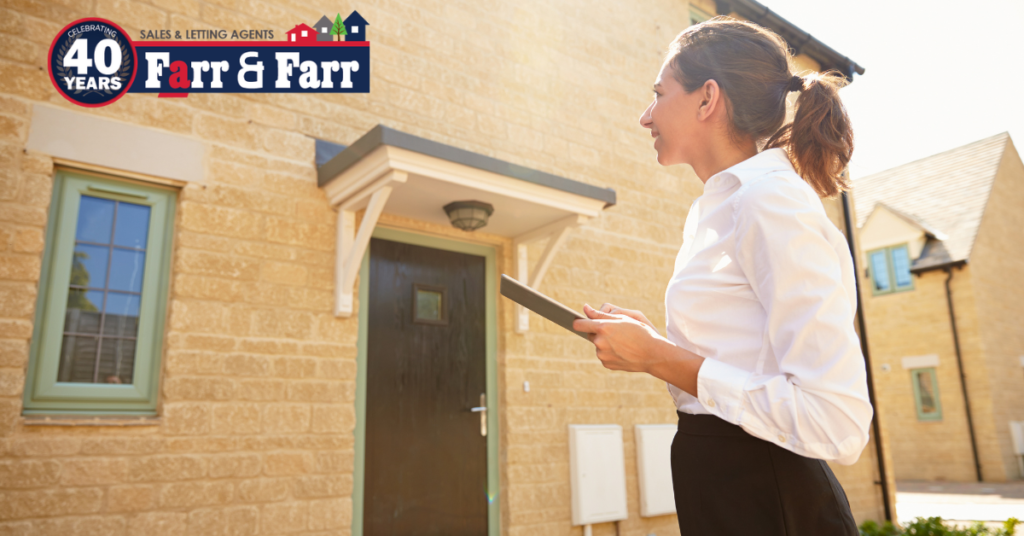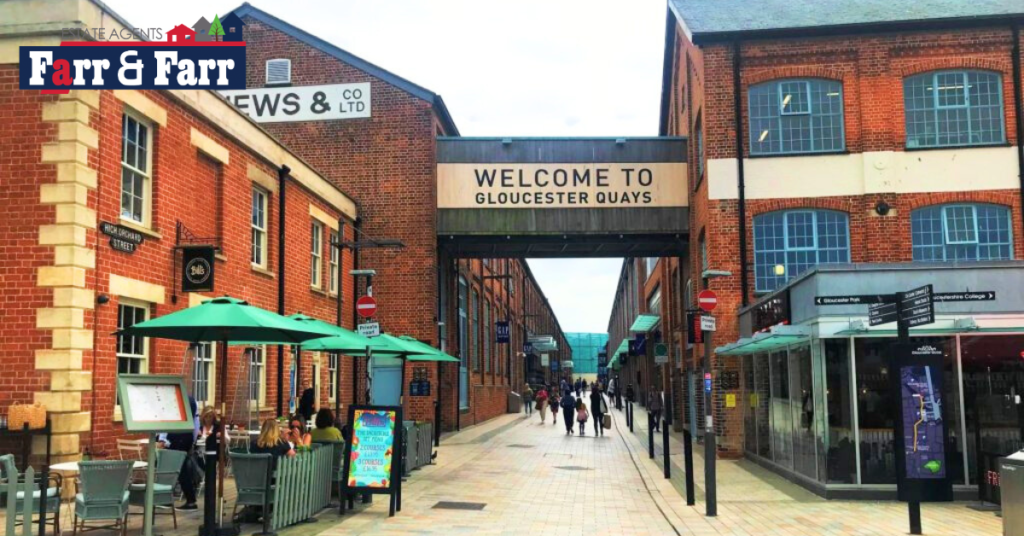With average house prices exceeding £260,000 for the first time in history, we thought it would be worth taking a look at how and why average house prices have changed over the years. Pricing in the housing market has seen a 12.6% annual surge in growth, with high demand for properties forcing prices to remain high. For first-time buyers, this could be a serious blow to their future plans – read on to find out more.
A brief history
When you consider that the average house price in 2002 reached £106,406 – and we compare this to now, it’s no wonder millennials often claim that they have it harder than their generationally older counterparts. This is interesting because it represents where the housing market stood at the turn of the century, twenty years ago, and how things have drastically changed in such a short space of time.
It wasn’t until 2012 that we saw the average housing price rise to £193,900, after a decade which saw a global financial meltdown and credit crunch cripple the UK economy. This would not see a great deal of change, steadily increasing but remaining consistent until the COVID-19 pandemic saw shot average house prices up to a whopping £231,000 by 2021.
This brings us to the present day – and yes, between 2021 and 2022, in the space of a year, house prices have risen by nearly 30 grand! But why is this? The combination of a minimal stock of properties currently on the market, with constantly intensive demand for houses, has kept an unrivalled amount of increasing pressure on housing prices.
Will it all change?
Because of the mortgage guarantee scheme unveiled by the UK government in 2021, as well as the stamp duty holiday, prices soared during the COVID-19 pandemic. Experts believe that while house prices may stabilise this coming year, demand remains high. For example, the number of potential buyers making enquiries about homes has risen by 15% since last year.
Energy price increases, soaring inflation, and an increase in interest rates are still all a threat to property pricing in this country. This could all actually make it more expensive to buy a house in the coming months. The fact that the Bank of England have boosted interest rates two times in the previous three months does not bode well. But there are those that are more optimistic; with many Brits having to tighten their finances considerably in the coming year due to a rise in the cost of living, it would seem that many of the population may not actually be able to afford to move home at this time. This could consequently see a fall in the average housing price, and a more affordable market.
Challenges have presented themselves because growth has outpaced earnings over the past year, with the ratio of earnings to housing prices increasing to a record high. First-time buyers, in particular, are suffering in a way that no previous generation has. A 10% deposit for your chosen property is equivalent now to 56% of total gross yearly earnings on average.
If you are a first-time buyer, there are things you can do though; speaking to a mortgage adviser is always recommended, and the government’s Help to Buy scheme is something worth considering.
Farr and Farr Property Services are Gloucester’s longest established independent estate agency with five branches in and around the Gloucester area. We are a modern estate agency with traditional values and help you with buying, selling and renting properties.
If you’d like some more information, take a look at our website www.farrandfarr.co.uk or take a look at our local branches here.




